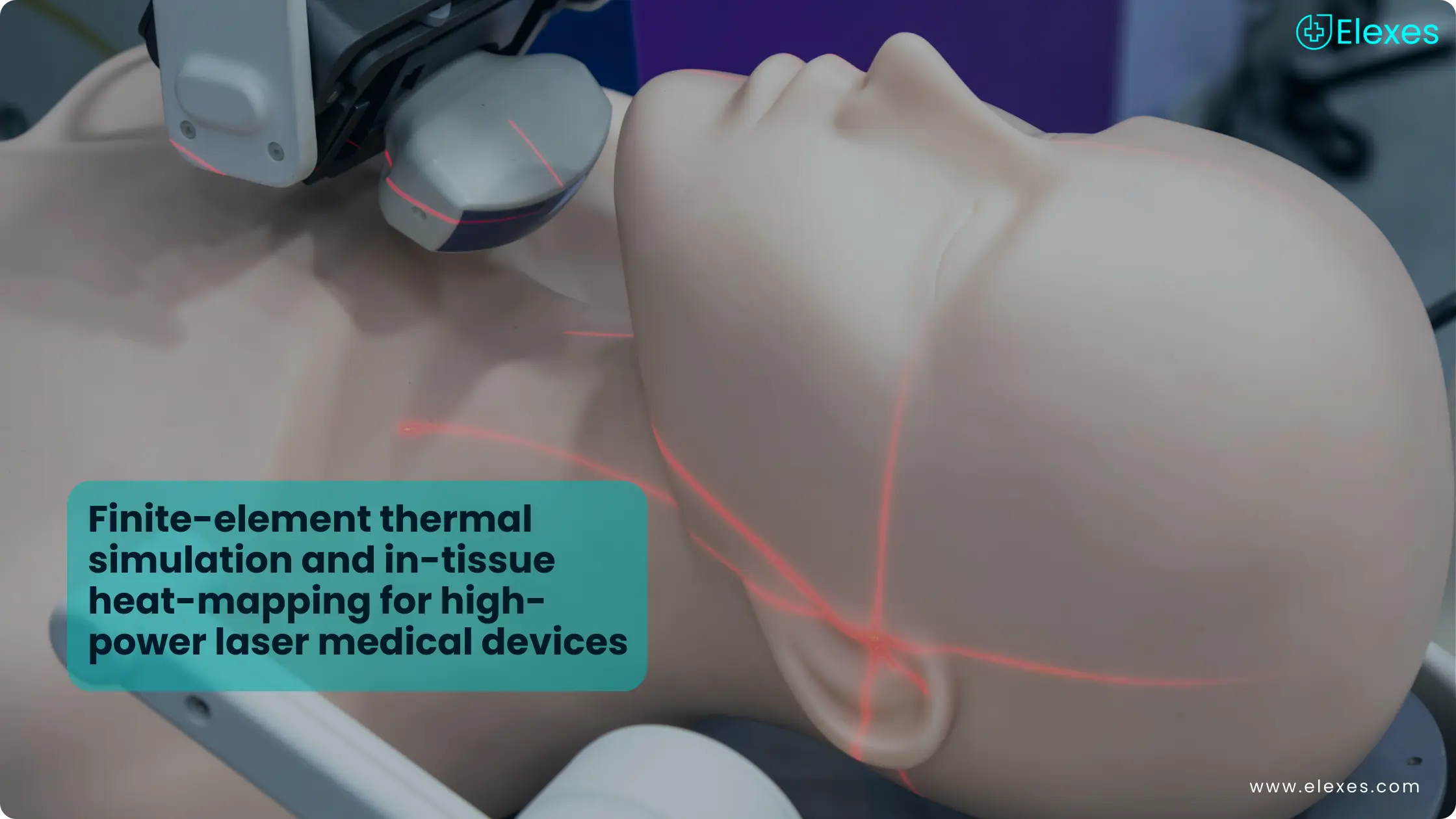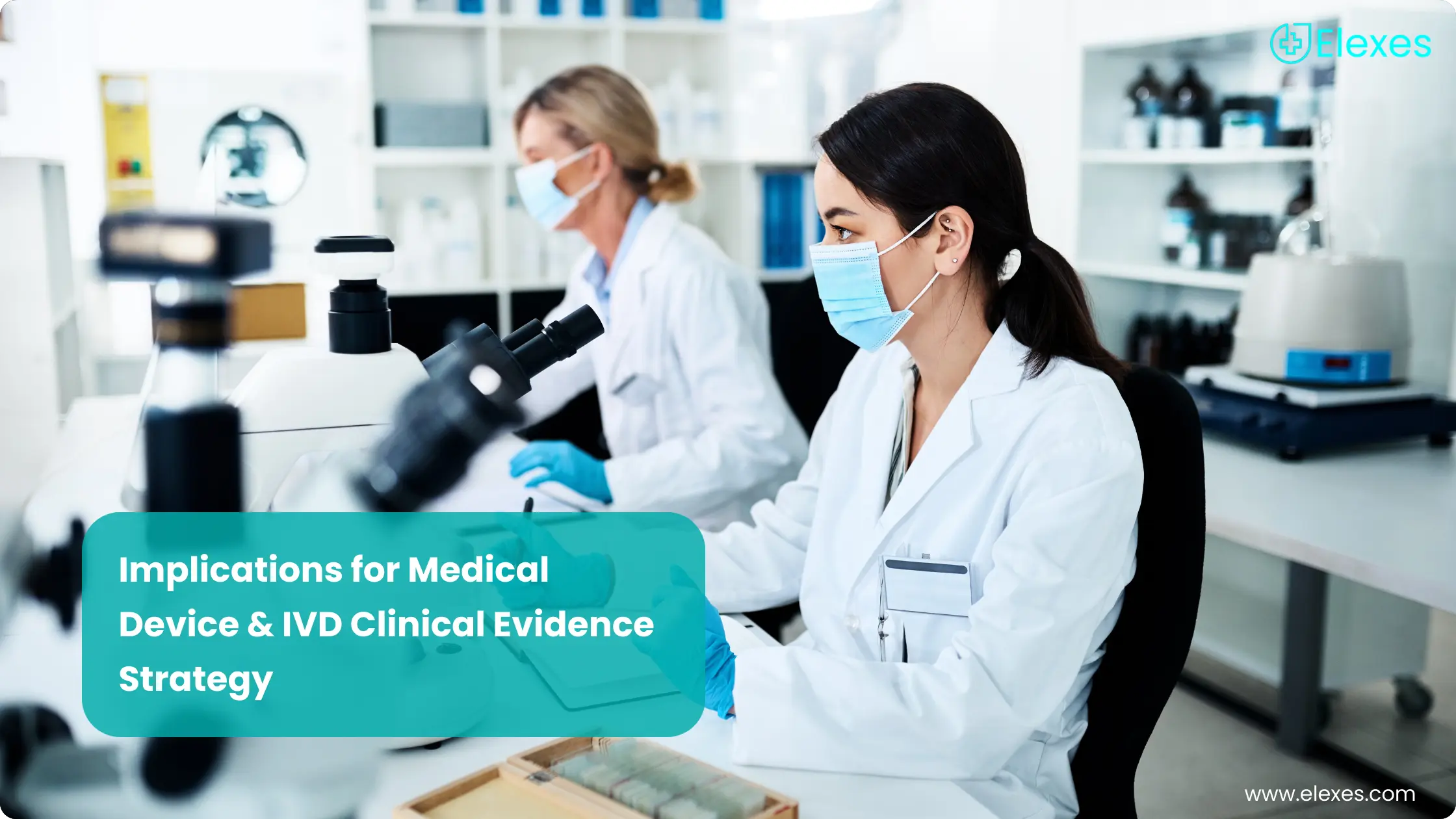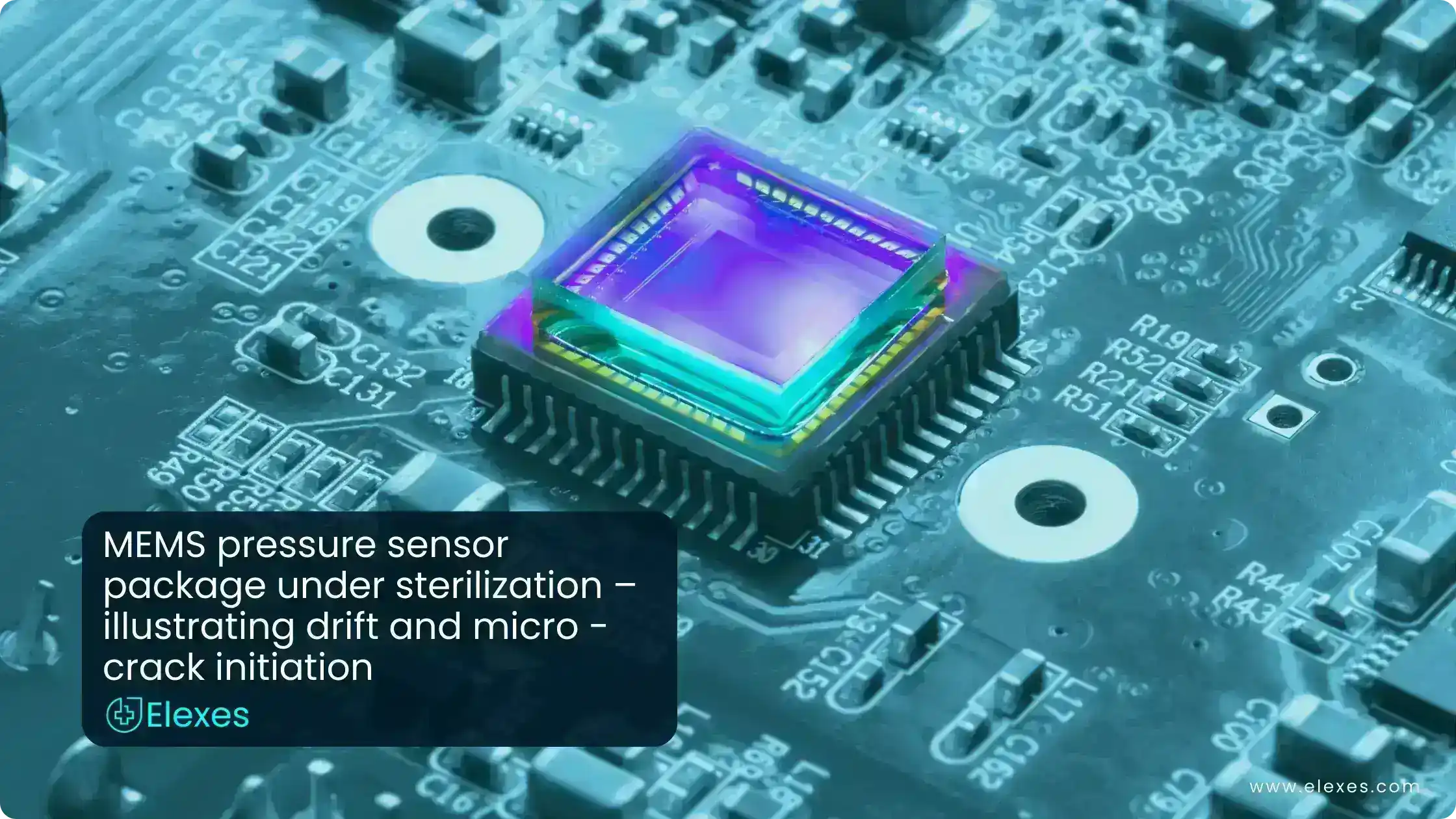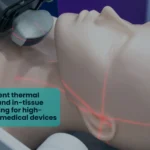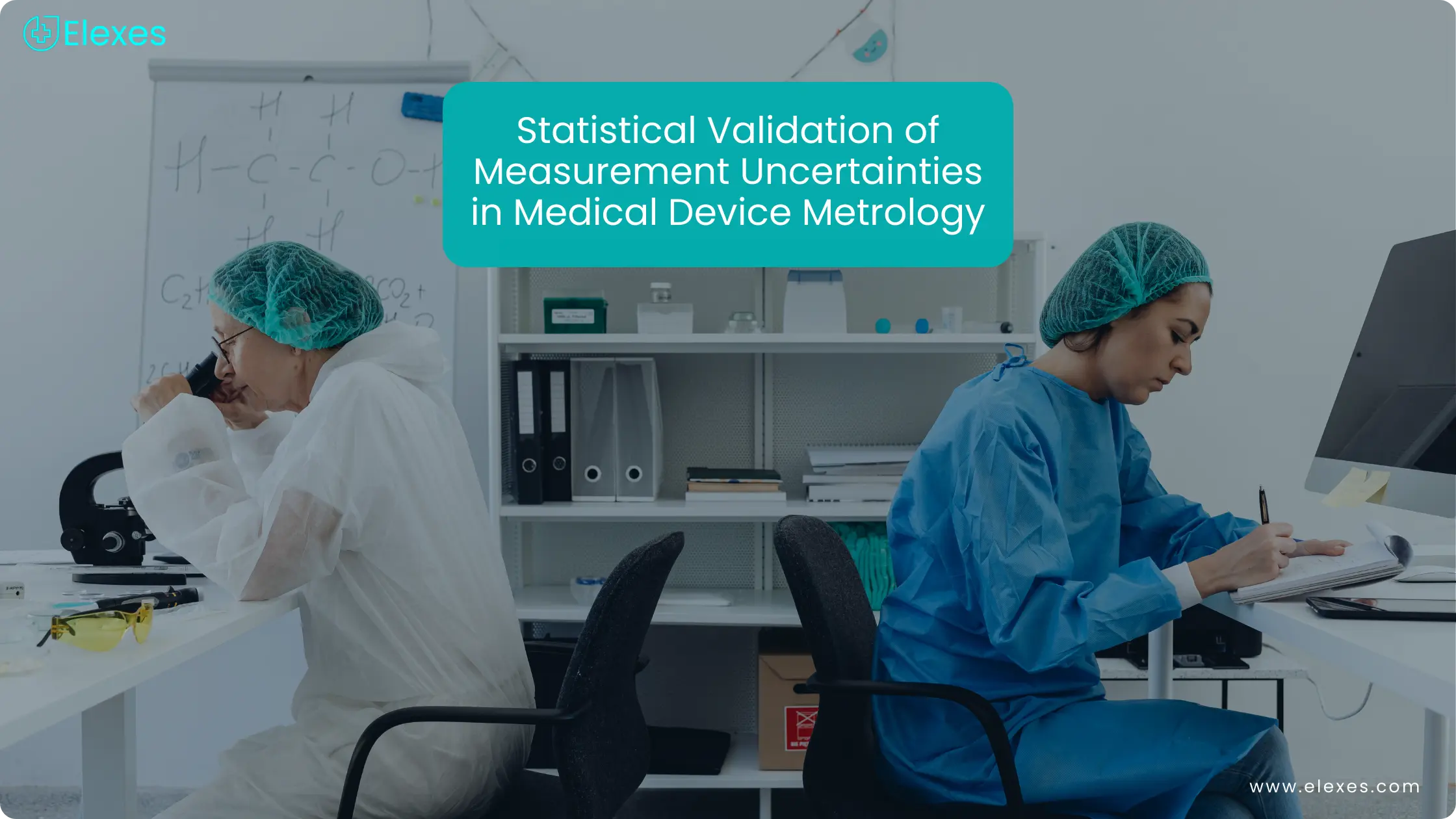Why Outsourcing Regulatory & Quality Leadership Works for MedTech & IVD Companies
In the highly regulated medical device and in vitro diagnostic (IVD) industry, compliance with global standards per the US FDA, EU MDR, and other international regulations is critical to success. Many companies turn to a VP of Regulatory Affairs or outsource the role of Vice President (VP) for Regulatory and Quality to navigate these complexities effectively. This strategic approach gives companies several advantages, enabling them to stay ahead in the evolving regulatory landscape.
The role of a Vice President for Regulatory and Quality in a medical device company is both multifaceted and highly specialized, requiring expertise and strategic insight to navigate regulatory landscapes and ensure compliance. At Elexes, we’ve successfully delivered outsourcing solutions for this critical role multiple times.
Our approach goes beyond simply providing a responsive Vice President for Regulatory and Quality. We also offer complementary roles that work seamlessly alongside the Vice President for Regulatory and Quality to enhance the efficiency and success of medical device companies. Below, we’ve outlined the core responsibilities of the Vice President for Regulatory and Quality as well as the other key roles that typically collaborate with them, ensuring a cohesive and effective team.
Elexes has served as a trusted outsourced RA/QA VP for 50+ global medtech innovators from early-stage to commercial scale. If you’re a CEO, COO, or RA/QA Head, here’s why outsourcing your RA/QA leadership could unlock faster compliance and smarter scaling.



Now that we understand a little more about the Vice President for Regulatory and Quality role, let’s dive into why a medical device or IVD company should consider outsourcing this role. Here’s why outsourcing this key leadership role makes sense for medical device and IVD companies.
1. Access to Specialized Expertise
The regulatory landscape for medical devices and IVDs is constantly evolving. Regulations around the FDA 510(k) submissions, CE Mark Certification, and EU MDR/IVDR Compliance require deep knowledge and experience on Medical Device Directive (MDD93/42/EEC), FDA Quality Systems Regulations (QSR, 21 CFR Part 820), ISO 13485, CMDCAS Canadian, PMDA, and TGA. At Elexes we create and oversee QA procedures to guarantee ongoing product design and development, manufacturing, and post-market monitoring in accordance with defined standards. Outsourcing the VP of Regulatory and Quality means you gain immediate access to industry veterans who have successfully managed the international regulatory submissions across multiple markets.
These professionals come with experience in handling US FDA Regulatory Submissions, managing Clinical Evaluation Reports (CER), and preparing Technical Documentation for CE Mark, allowing companies to benefit from regulatory & quality expertise on-demand.
2. Cost Efficiency
Hiring and maintaining a full-time, in-house VP for Regulatory and Quality can be expensive, especially for a small to mid-sized medical device and IVD companies. Outsourcing provides the benefit of leadership expertise without the overhead costs associated with a permanent executive team member. By outsourcing, companies can gain access to high-level strategic leadership for critical compliance matters only when needed, offering significant cost savings.
Additionally, medical device RA QA consultants and outsourced VPs of regulatory and quality often have a global network of regulatory bodies and experts, which can further reduce the time and cost associated with meeting regulatory requirements in different regions.
3. Improved Speed to Market
The process of obtaining approvals such as FDA 510(k), Premarket Approval (PMA), and CE Mark can be lengthy and complex. Regulatory delays can significantly impact a company’s ability to launch products on time, especially in a competitive market. Outsourcing regulatory leadership to a seasoned VP ensures that submissions, approvals, and audits are handled efficiently.
With full regulatory department support, an outsourced VP can ensure all necessary documentation, including Technical Documentation for CE Mark, Clinical Evaluation Reports (CER), and post-market surveillance plans, are prepared quickly and accurately, reducing the chances of delays. This can dramatically accelerate time to market and give companies a competitive advantage.
4. Global Compliance Management
Expanding into global markets requires navigating a maze of international regulations, from FDA QSR Compliance in the U.S. to MDR/IVDR Compliance in Europe, and ANVISA in Brazil, among others. Each country has its own requirements for medical device and IVD approvals, and any misstep can lead to an expensive delay or rejections.
An outsourced VP for Regulatory and Quality brings deep knowledge of international regulatory submissions and stays updated with changes in global guidelines. This ensures the company can simultaneously manage compliance across various regions, helping with the faster approvals in multiple markets.
5. Focus on Core Business Functions
Regulatory and quality management are crucial but resource-intensive functions. By outsourcing the VP role, medical device and IVD companies can also focus their internal resources on core business activities such as product development, innovation, and marketing. The outsourced VP can handle the complexities of compliance, such as ensuring ISO 13485 Certification, post-market surveillance, and FDA QSR Compliance, while internal teams can focus on bringing cutting-edge products to market.
This division of labor allows for a smoother operation and ensures that key regulatory tasks do not overwhelm the product development timelines.
6. Risk Management and Compliance Assurance
Outsourcing the VP of Regulatory and Quality provides access to professionals who are well-versed in managing the compliance risks. They ensure that 510(k) Submissions, US FDA Regulatory Submissions, and other critical regulatory filings are completed accurately, reducing the chances of rejection or post-market complications.
Furthermore, outsourced regulatory strategy leaders conduct ongoing risk assessments, ensuring that the companies remain compliant with evolving regulations like the EU MDR/IVDR or FDA guidelines.
7. Scalability and Flexibility
As companies grow and expand into new markets, their regulatory needs become more complex. Outsourcing provides a scalable solution that can adapt to the company’s needs. For instance, if a company is entering into multiple markets, they may require intensive support for Notified Body management or Technical Documentation for CE Mark submissions. In this case, outsourcing allows for immediate scalability without the burden of recruiting, training, or maintaining a large in-house team.
Additionally, outsourced VPs bring flexibility, and enable the company to scale down regulatory activities after the initial product launch while ensuring compliance is maintained during post-market surveillance.
8. Up-to-Date with Regulatory Changes
Regulatory requirements are continuously evolving. For example, the transition from MDD to MDR/IVDR Compliance in the European Union or the changes in FDA QSR standards require ongoing education and adaptation. Outsourcing the VP of Regulatory and Quality ensures that the company remains at the forefront of these changes, with the regulatory experts who are monitoring updates from regulatory bodies around the world.
This ensures that the company’s processes, documentation, and quality systems are always up to date, reducing the risk of non-compliance.
Conclusion: A Strategic Advantage
Outsourcing the Vice President for Regulatory and Quality provides medical device and IVD companies with a strategic advantage. It offers access to specialized expertise, cost savings, faster time to market, and the ability to scale regulatory operations without the need for extensive in-house infrastructure. As regulatory demands continue to increase in complexity, outsourcing this critical leadership role allows the companies to stay competitive, compliant, and focused on innovation.
For medical device and IVD companies looking to navigate the complexities of FDA, CE Mark, and other international regulations, outsourcing the VP of Regulatory and Quality is not just a smart decision—it’s the future of efficient and effective regulatory and quality management.
FAQs
What does a fractional VP of Regulatory do?
A fractional VP of Regulatory provides strategic oversight and hands-on execution of regulatory and quality functions—such as 510(k) submissions, ISO audits, and CE compliance—without the full-time overhead.
Is outsourcing right for a growing MedTech firm?
Yes. Outsourcing is ideal for startups, early-stage companies, or scaling firms that need regulatory leadership but don’t yet need or can’t afford a full-time VP.
How do outsourced roles ensure data confidentiality?
Outsourced regulatory consultants typically work under NDA and use secure communication tools. Firms like Elexes implement strict confidentiality protocols aligned with ISO 27001.
Can one person handle both regulatory and quality?
Yes. Many fractional VPs have dual expertise in regulatory affairs and quality management, enabling seamless compliance strategy and execution across QMS and submissions.
How long can a fractional VP engagement last?
Engagements range from 3 months to multiple years, depending on needs. Many clients retain fractional support through pre-market, launch, and post-market phases.



